Frontpage News (3259)
Association Cautions Public Against Patronizing Hawkers of Medical Services
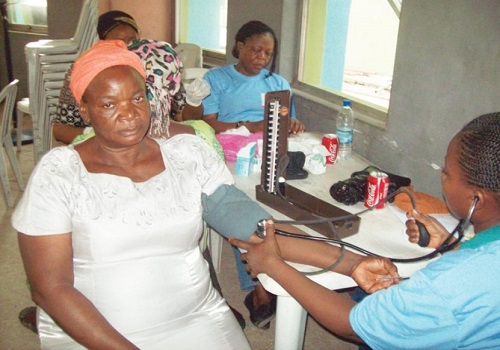 The Association of Medical Laboratory Scientists has cautioned members of the public against patronising hawkers of medical services, describing the trend as “abnormal.”
The Association of Medical Laboratory Scientists has cautioned members of the public against patronising hawkers of medical services, describing the trend as “abnormal.” 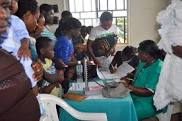 WITH less than six months to the end of the deadline for attainment of Millennium Development Goals (MDGs) and two months to the launch of the Sustainable Development Goals (SDGs), Nigeria still has one of the worst health indices and far worse than worn-torn countries like Liberia.
WITH less than six months to the end of the deadline for attainment of Millennium Development Goals (MDGs) and two months to the launch of the Sustainable Development Goals (SDGs), Nigeria still has one of the worst health indices and far worse than worn-torn countries like Liberia.
Reasons: The Guardian investigation has shown that since the Abuja Declaration in 2001 Nigeria has never spent more than eight per cent of its annual national budget on health. In fact, the country has been spending an average of six per cent of its budget on health in the last six years. Indeed, Nigeria and 27 other countries have worse health care systems than Liberia’s.
A report from the non-profit organisation, Save the Children, published in March 2015, ranked 72 countries on six measures of health-care provision for children, including the newborn mortality rate, the number of health-care workers per 10,000 population, immunisations and skilled birth attendance.
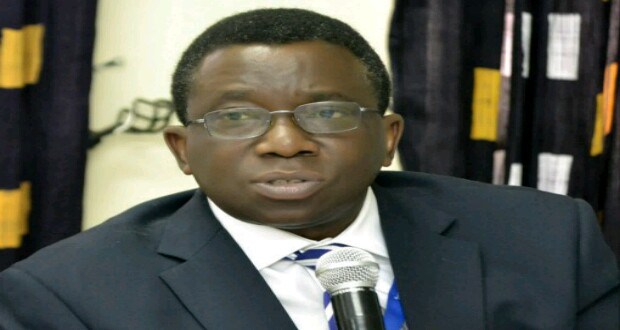 According to the Minister of Health, Prof. Isaac Adewole, Federal Government has sought partnership with stakeholders to boost the country’s healthcare delivery system. He stressed the need for an effective synergy among all stakeholders in the health sector to provide efficient and quality health service to citizens.
According to the Minister of Health, Prof. Isaac Adewole, Federal Government has sought partnership with stakeholders to boost the country’s healthcare delivery system. He stressed the need for an effective synergy among all stakeholders in the health sector to provide efficient and quality health service to citizens.
The minister said the “inverted health pyramid system’’ would be reversed and restore the pyramid system for the benefit of larger population. He lamented that only about 15 per cent of Nigerians currently access healthcare under the inverted pyramid system, hence the need to take healthcare services to the door steps of rural communities.
Who Killed or Is Killing The Nigerian Public Health Institutions: A Rejoinder
 The attention of Association of Medical Laboratory Scientists of Nigeria (AMLSN) has been drawn to the malicious, self-seeking, condemnable and highly fallacious article purportedly emanating from Nigerian Medical Association (NMA) captioned PUBLIC HOSPITALS ARE DEAD, DOCTORS WARN published in page 4 of the Guardian of March 10, 2016 and the Press Release captioned IMPENDING DISASTER AND COLLAPSE OF GOVERNMENT HOSPITALS AND THE PUBLIC HEALTH SECTOR: A CALL FOR IMMEDIATE ACTION AGAINST EXISTING AND EMERGING ABSURDITIES IN THE NATION’S HEALTH SECTOR and published in The Punch of Tuesday, March 15, 2016, pages 34 and 35, and a few other national dailies.
The attention of Association of Medical Laboratory Scientists of Nigeria (AMLSN) has been drawn to the malicious, self-seeking, condemnable and highly fallacious article purportedly emanating from Nigerian Medical Association (NMA) captioned PUBLIC HOSPITALS ARE DEAD, DOCTORS WARN published in page 4 of the Guardian of March 10, 2016 and the Press Release captioned IMPENDING DISASTER AND COLLAPSE OF GOVERNMENT HOSPITALS AND THE PUBLIC HEALTH SECTOR: A CALL FOR IMMEDIATE ACTION AGAINST EXISTING AND EMERGING ABSURDITIES IN THE NATION’S HEALTH SECTOR and published in The Punch of Tuesday, March 15, 2016, pages 34 and 35, and a few other national dailies. Ahead of the World Tuberculosis Day, which is on March 24, 2016, Poonam Khetrapal Singh, South-East Asia Regional director of the World Health Organisation (WHO) emphasized on the need to reach out to communities for Tuberculosis detection.
Ahead of the World Tuberculosis Day, which is on March 24, 2016, Poonam Khetrapal Singh, South-East Asia Regional director of the World Health Organisation (WHO) emphasized on the need to reach out to communities for Tuberculosis detection.
"To end TB, there is a need to reach out to and engage with communities directly for case detection, treatment completion and addressing out-of-pocket expenditures.
"Forging partnerships with civil society groups and between public and private care providers will likewise ensure that present gaps are closed and that a society-wide movement to end TB develops," Singh said.
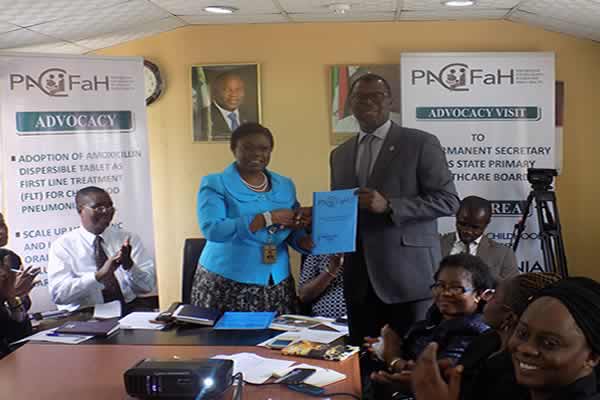 The Lagos State government has pledged commitment to end childhood pneumonia and diarrhoea, responsible for many deaths of children under five years old in the state.
The Lagos State government has pledged commitment to end childhood pneumonia and diarrhoea, responsible for many deaths of children under five years old in the state.
The Permanent Secretary, Lagos State Primary HealthCare Board, Dr. (Mrs.) Ibironke Sodeinde, gave the assurance while receiving delegates from the Pharmaceutical Society of Nigeria in collaboration with the Partnership for Advocacy in Child and Family Health (PSN-PACFaH) in her office at Yaba, Lagos.
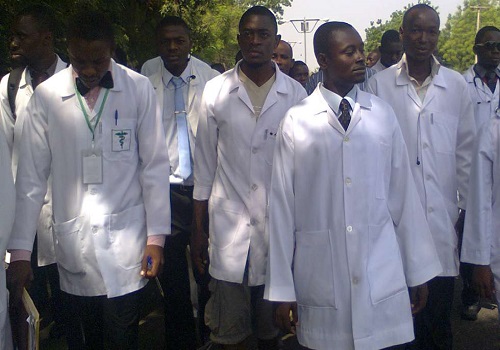 Nigerian medical practitioners based in the United States of America under the aegis of the Association of Nigerian Physicians in the Americas on Tuesday said they were determined to relocate to the country if the Federal Government could provide incentives for them.
Nigerian medical practitioners based in the United States of America under the aegis of the Association of Nigerian Physicians in the Americas on Tuesday said they were determined to relocate to the country if the Federal Government could provide incentives for them. The Federal Government has called on health professionals to desist from incessant industrial action, which has now become a usual occurrence in the health sector, adding that labour dispute are better resolved through dialogue rather than strike and violence.
The Federal Government has called on health professionals to desist from incessant industrial action, which has now become a usual occurrence in the health sector, adding that labour dispute are better resolved through dialogue rather than strike and violence. 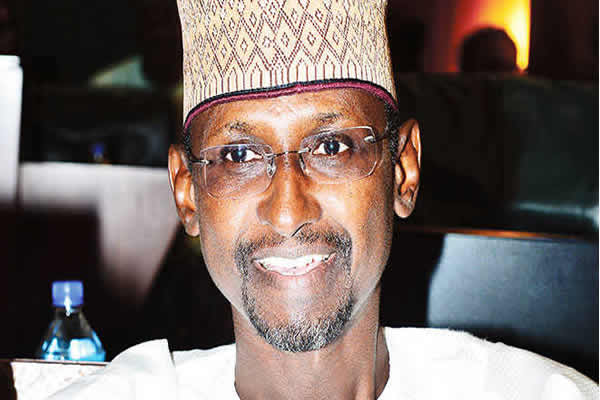 Minister of the Federal Capital Territory (FCT), Mallam Muhammad Musa Bello, has promised to partner with the Abuja Residents Doctors (ARD) as well as other professionals in the health sub-sector to improve the service delivery in the Health sector.
Minister of the Federal Capital Territory (FCT), Mallam Muhammad Musa Bello, has promised to partner with the Abuja Residents Doctors (ARD) as well as other professionals in the health sub-sector to improve the service delivery in the Health sector.
Malam Bello assured that rules and regulations would be sternly followed to the later in administering the Federal Capital Territory in line with the vision of President Muhammadu Buhari’s Administration.
Bello, who gave this assurance when the Abuja Residents Doctors (ARD) paid him a courtesy visit in Abuja, further called for patience, commitment and support from the resident doctors in order to improve service delivery in the sector to the residents of the Territory.
 A new research conducted by Doctors Without Borders and two pharmaceutical companies, using two new anti-tuberculosis drugs known as bedaquiline and delamanid, has shown 75 to 97 per cent cure rates in affected patients.
A new research conducted by Doctors Without Borders and two pharmaceutical companies, using two new anti-tuberculosis drugs known as bedaquiline and delamanid, has shown 75 to 97 per cent cure rates in affected patients. More...
 The Association of Public Health Physicians of Nigeria (APHPN) has said that the Sustainable Development Goals (SDGs) would not be achieved without a universal health coverage.
The Association of Public Health Physicians of Nigeria (APHPN) has said that the Sustainable Development Goals (SDGs) would not be achieved without a universal health coverage. 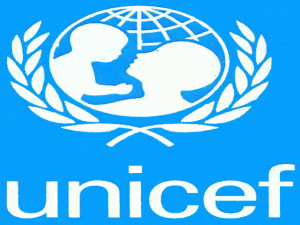 It is feared that Nigeria stands to loose a total number of 300,000 children within the ages of 0-5 years to acute malnutrition in 2016 if drastic measures are not swiftly put in place to tackle the menace.
It is feared that Nigeria stands to loose a total number of 300,000 children within the ages of 0-5 years to acute malnutrition in 2016 if drastic measures are not swiftly put in place to tackle the menace.
Zakari Fusheni, a nutrition specialist in UNICEF Abuja office, on Wednesday disclosed this at a retreat on malnutrition with the theme:
“Malnutrition: the major cause of under five-5 mobility and mortality in Kaduna state: call for action” which was organised by the Kaduna state ministry of local government, health and human services, in collaboration with UNICEF Kaduna field office, also disclosed that over 1.6 million Nigerian children are malnourished.
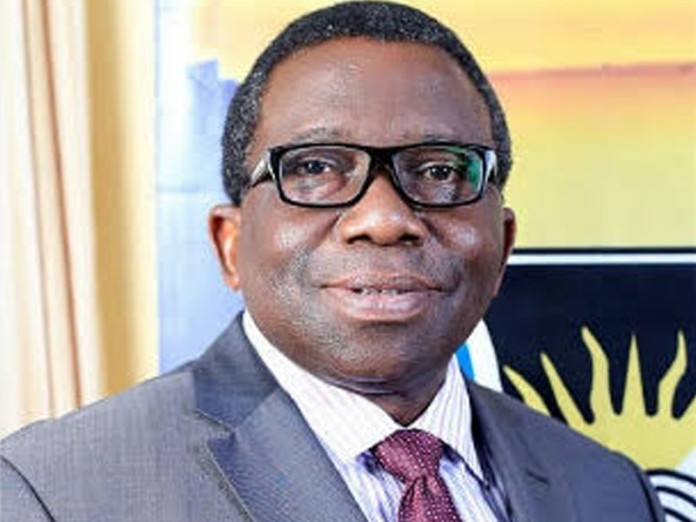 The federal government on Thursday said that there is a distressing rise in cases of undetected and undiagnosed tuberculosis in Nigeria, saying that this development puts a lot of Nigerians at the risk of the disease.
The federal government on Thursday said that there is a distressing rise in cases of undetected and undiagnosed tuberculosis in Nigeria, saying that this development puts a lot of Nigerians at the risk of the disease.
The government said this just as Star Deepwater Petroleum Limited and its venture partners in the Agbami field project reiterated their commitment to partnering with it and state governments to tackle the scourge of tuberculosis and other health issues in the country.
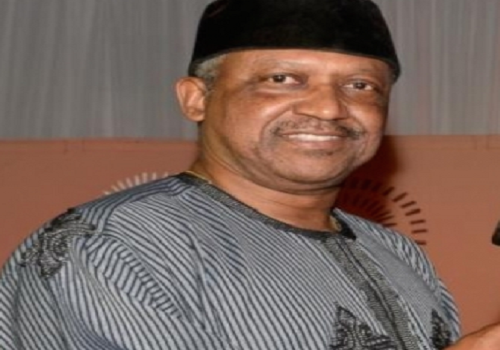 Minister of State for Health, Dr Osagie Ehanire, has said the present administration is committed towards forging a closer relationship with medical social workers in the country. He stated this when the national president of the Association of Medical Social Workers of Nigeria (AMSWON), Abubakar Alhassan Bichi led a delegation to his office in Abuja.
Minister of State for Health, Dr Osagie Ehanire, has said the present administration is committed towards forging a closer relationship with medical social workers in the country. He stated this when the national president of the Association of Medical Social Workers of Nigeria (AMSWON), Abubakar Alhassan Bichi led a delegation to his office in Abuja.





